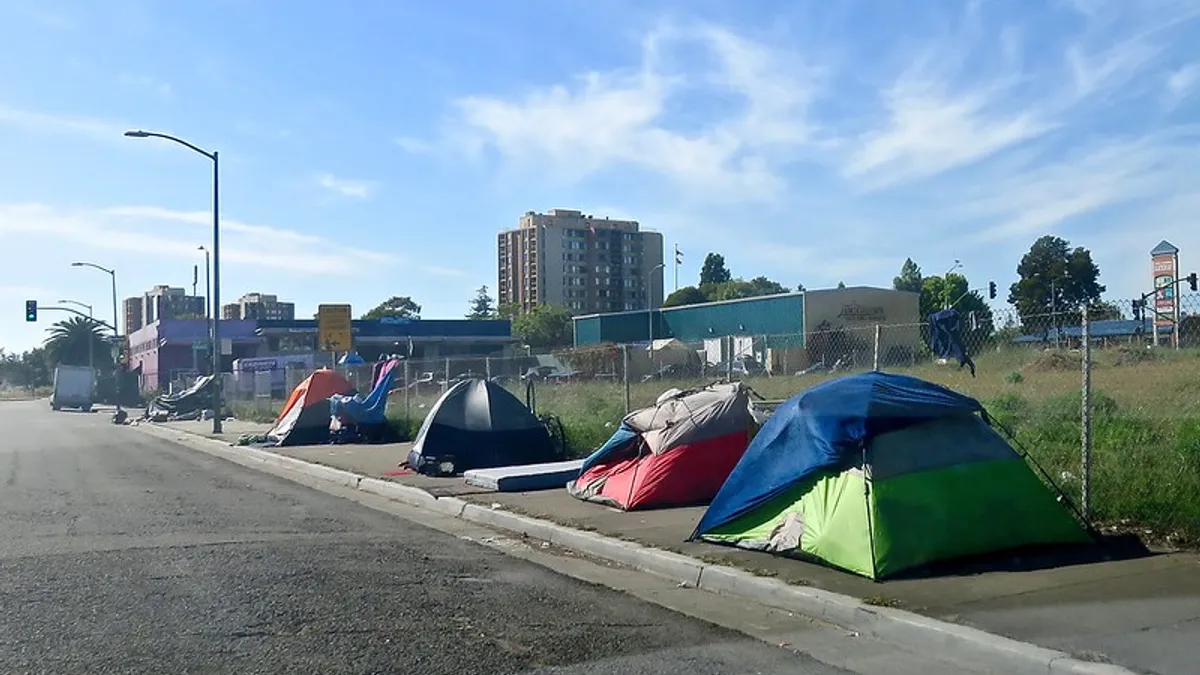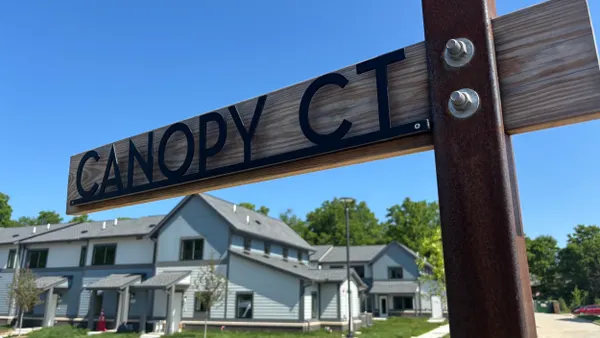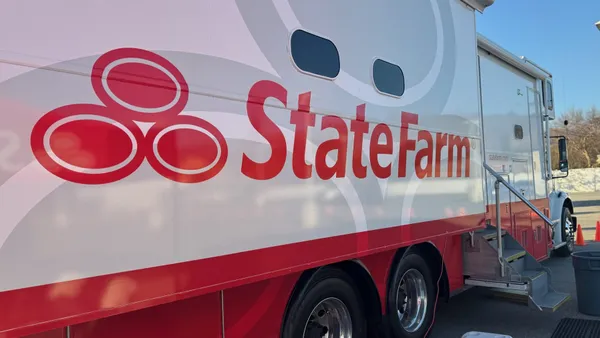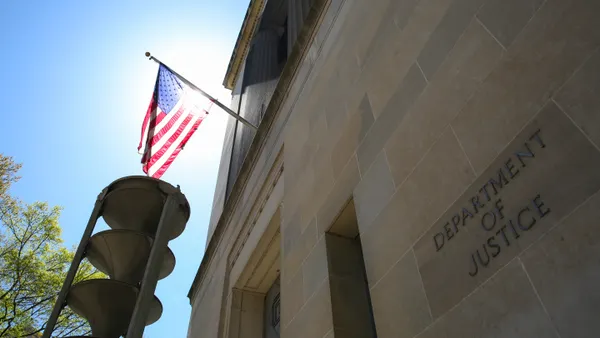Dive Brief:
- The U.S. Department of Housing and Urban Development announced Monday it will provide $2.8 billion in competitive grants to state and local governments and organizations for support of people who are homeless.
- The Continuum of Care Program funds about 7,000 homeless services projects annually that provide rapid rehousing, address racial disparities in homelessness and increase the affordable housing supply, among a host of other services. The deadline to apply for the grants is Sept. 30.
- “Every person deserves to live with dignity and security in safe, stable, and affordable home,” said Housing Secretary Marcia Fudge in a statement. “HUD and the [Biden administration] continue to prioritize equity in homelessness efforts and the humane treatment of people experiencing unsheltered homelessness, and the funding announced today will help communities do just that.”
Dive Insight:
The number of people experiencing homelessness has risen in many U.S. cities in recent years, a trend largely attributed to the surging price of buying a home or renting an apartment.
The CoC program is the largest federal grant funding source for homeless services and housing programs that serve people experiencing homelessness, HUD’s announcement stated.
The Biden administration in June released what it described as a “first-of-its-kind” $365 million funding package to address unsheltered homelessness in the U.S. That included $322 million in grants through the CoC program, allowing nonprofit service providers and state and local governments to conduct outreach to those experiencing homelessness as well as provide permanent housing and support services.
The funding opportunity announced in June came from funds that were unused in prior years; the latest round was the amount Congress appropriated for the program for fiscal year 2022, said Steve Berg, vice president for programs and policy at the National Alliance to End Homelessness.
Most of the CoC program's grant funding will support programs that already exist, said Berg. However, some money is available for new programs and for communities that want to implement new strategies after evaluating their existing programs. This year, the program will also provide explicit funding for rapid re-housing and services for survivors of domestic violence, dating violence or sexual assault and stalking as well as programs that address youth homelessness.
In its announcement this week, HUD also stated it was seeking a wide range of projects that:
- End homelessness for everyone experiencing it.
- Emphasize racial equity and anti-discrimination policies for LGBTQ+ individuals.
- Take a housing-first approach.
- Reduce unsheltered homelessness and reduce the criminalization of homelessness.
- Improve system performance.
- Partner with other housing agencies.
- Partner with health agencies.
- Engage people with lived experience of homelessness in decision-making.
- Support local engagement to increase the supply of affordable housing.
While the CoC program does “great work,” Berg said, it is “not enough to get everyone who is homeless into housing. That would take probably twice that much money.”
The $170 billion to address affordable housing that was part of the now-dead Build Back Better legislation was not in the latest version of the Senate’s spending package, which was agreed upon last week by Sen. Joe Manchin, D-W.Va, and Senate Majority Leader Chuck Schumer, D-N.Y. However, the Biden administration in May released a plan to address the affordable housing crisis by increasing the supply of housing in the U.S. through executive and legislative actions.











